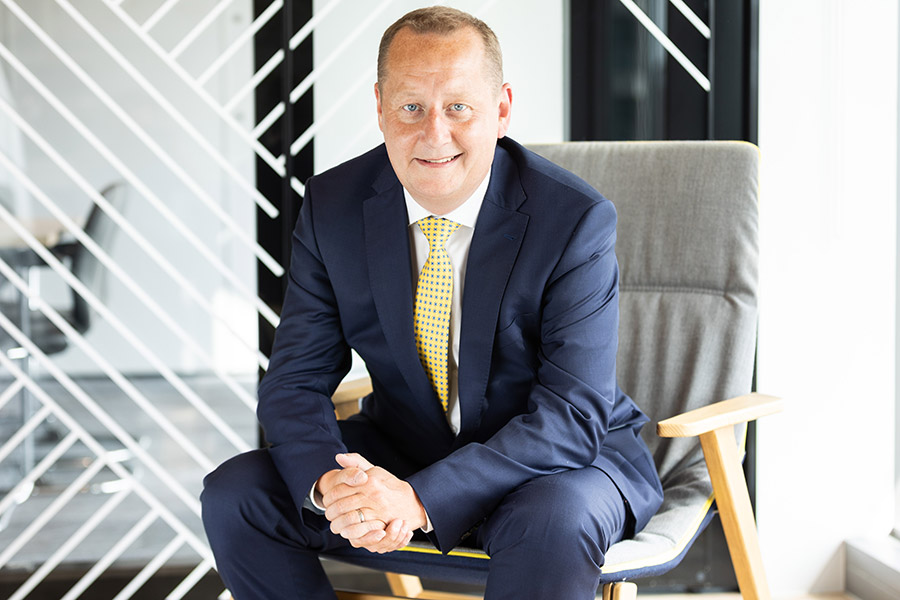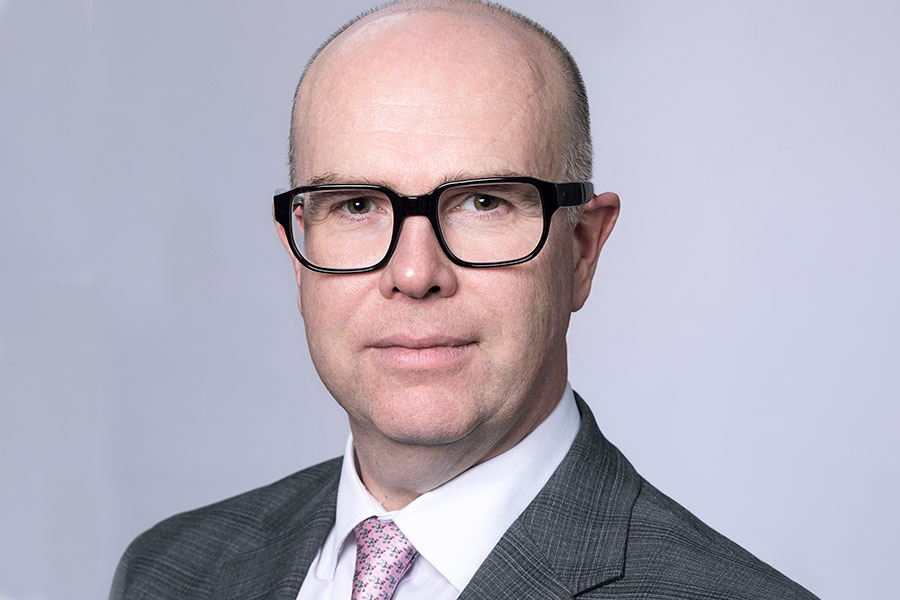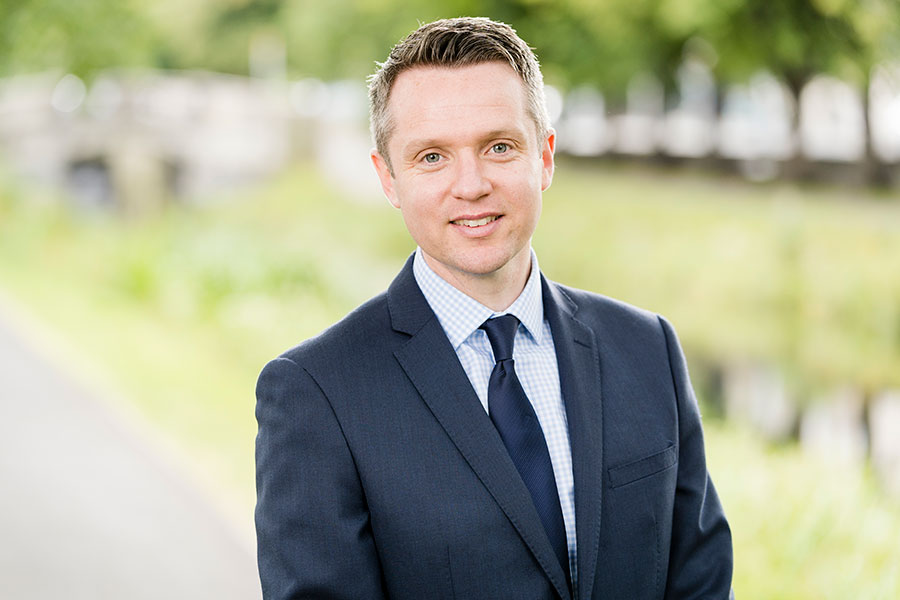Demand for PwC’s technology advisory services continues to be high in Cork. In particular, through the firm’s GenAI Business Centre enabled by Microsoft, it is helping clients embed artificial intelligence (AI) into their business operations.
PwC Ireland’s 2025 CEO Survey found that 43% of Irish business leaders confirmed they would invest in business process transformation over the next three years.
“Much of this involves companies embedding AI and generative AI [GenAI] across their operations where we see significant piloting and experimentation,” Nicola Quinn, partner at PwC in Cork, says. “We expect a surge in innovation and activity to enable AI adoption in the years ahead, bringing with it greater productivity and efficiency.”
In May 2024, PwC launched its National Cyber Managed Services Centre in Cork and it has been a great success to date, according to Quinn. Through applying innovative approaches and cutting-edge technologies available at the centre, PwC in Cork helps clients to design, build and operate fit-for-purpose cybersecurity services including third-party risk management and privacy services.
This follows significant investment by the firm in its Albert Quay office, which has increased its footprint by almost 9,000 sq ft. “With GenAI increasing cybersecurity risk, cyber risks continue to be a key challenge for businesses.
"Our National Cyber Managed Services Centre is supporting clients to manage this risk,” Quinn says. PwC continues to see robust demand in all areas of its business in Cork, where clients are transforming their businesses to be fit for the future.
“We work with many private companies in Cork and see an increasing demand from them to support their growth strategies, funding requirements, tax compliance and succession planning,” Quinn says. “Doing business in Ireland and internationally is increasingly complex and businesses need advice and support to enable them to navigate that complexity.”
In its assurance business, PwC is supporting clients to meet increasing regulatory requirements and to ensure their control environment is fit for purpose. Companies are working towards reducing their carbon emissions and assisting clients with climate-change strategies and reporting is an area of high demand.
“Our tax team is supporting clients to minimise their tax burden and to manage their tax risks as they expand and grow their businesses in Ireland and abroad. Our deals team continues to support clients with raising finance and with getting ready for a full or partial exit event,” Quinn adds.
As business transformation progresses, the current uncertainty and disruption in the global economic environment is a significant challenge for all businesses. Business does not like uncertainty. It delays investment, disrupts supply chains and increases the cost of doing business.
“We are supporting clients with their planning to deal with the current uncertainty and disruption including reviewing potential tariff impacts and transfer-pricing strategies,” Quinn says.
Many private businesses continue to feel the pressure of cost increases, and those in Cork are no different, in PwC’s experience.

“Ireland must take a whole-of-government approach to private businesses and should continue to prioritise support to help them to meet the increased costs of doing business here. Additional tax incentives to encourage digital transformation, investment in SMEs and energy transition are also needed,” she says.
“In its 2025 pre-Budget submission, PwC specifically called out measures that are required to support private business and it will continue to focus on the measures required in its 2026 pre-budget submission.”
Photo: Nicola Quinn.











